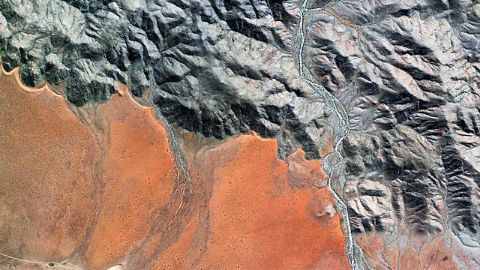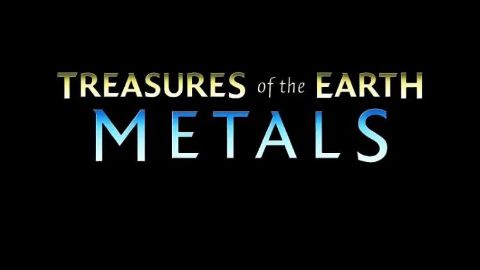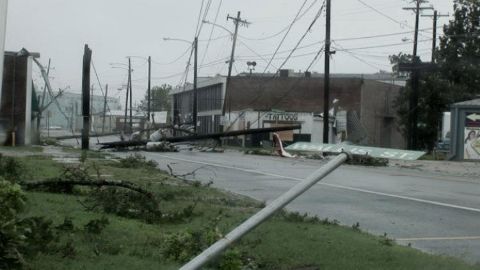The Dark Side of Green Energies • 2020
Are electric cars, solar panels, wind turbines conserving earth's resources and putting an end to pollution? Quite the contrary; these technologies rely on rare minerals and add pressure on their resources. Mining for them releases radioactive substances & refining them needs thousands of gallons of water. Global leaders are aware of this. Why are they withholding the whole truth about green tech?
Make a donation
Buy a brother a hot coffee? Or a cold beer?
Hope you're finding these documentaries fascinating and eye-opening. It's just me, working hard behind the scenes to bring you this enriching content.
Running and maintaining a website like this takes time and resources. That's why I'm reaching out to you. If you appreciate what I do and would like to support my efforts, would you consider "buying me a coffee"?
Donation addresses
BTC: bc1q8ldskxh4x9qnddhcrgcun8rtvddeldm2a07r2v
ETH: 0x5CCAAA1afc5c5D814129d99277dDb5A979672116
With your donation through , you can show your appreciation and help me keep this project going. Every contribution, no matter how small, makes a significant impact. It goes directly towards covering server costs.





